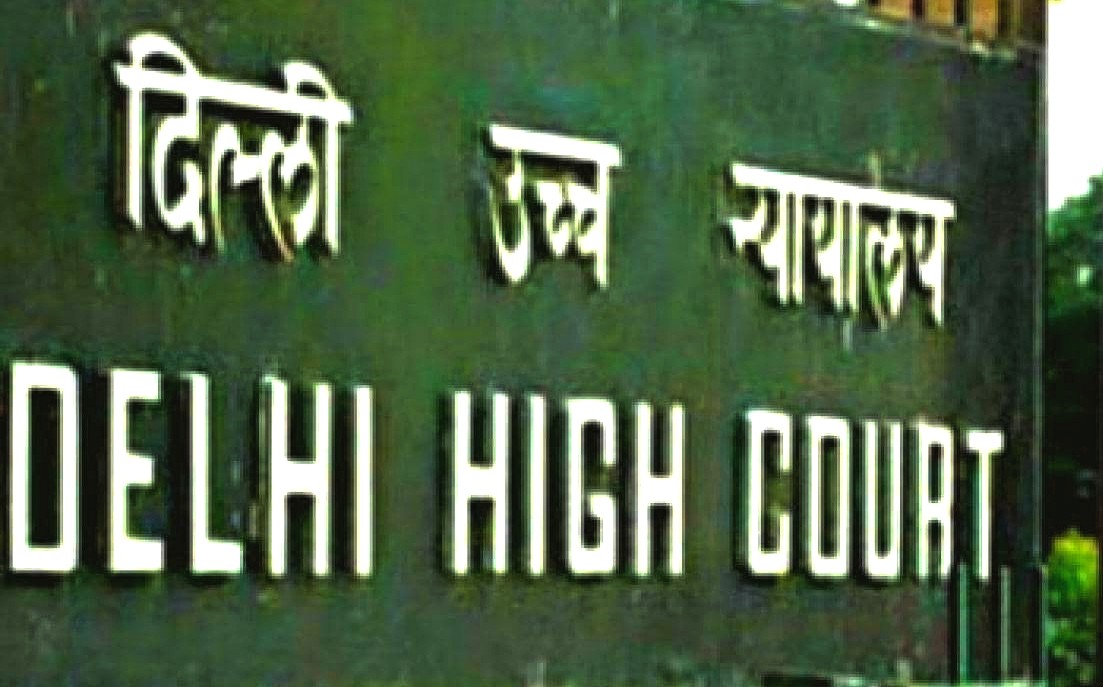InW.P. (CRL) 150/2023 -DEL HC- Delhi High Court grants parole to convict for filing SLP in Supreme Court;upholds right to legal remedy
Justice Dinesh Kumar Sharma [14-09-2023]

Read Order:Raj Kumar @Bheema V. State NCT of Delhi &Anr.
Chahat Varma
New Delhi, September 15, 2023: The High Court of Delhi has granted parole to a convict to enable him to file a Special Leave Petition in the Supreme Court against his conviction.
The petitioner had filed the present writ petition with the aim of seeking a two-month parole period. The purpose of this parole was to enable the petitioner to secure the services of a skilled and experienced lawyer and gather the necessary resources for filing a SLP before the Supreme Court. The petitioner's legal counsel argued that the petitioner had been in custody for the past 14 years and that the denial of his request for parole to file the SLP had been unjustly rejected by the relevant authority.
The State contended that the denial of the parole request was in compliance with the established Parole Rules. Additionally, the State pointed out that the accused was implicated in several other criminal cases.
The single-judge bench of Justice Dinesh Kumar Sharma stated that the petitioner possessed a constitutional right to approach the Supreme Court to challenge the order of conviction issued against him. This right should not be denied solely on the basis of other pending cases against the petitioner.
The bench cited the case of Rahul Gupta v. State (NCT of Delhi) [LQ/DelHC/2023/5287], wherein it was established that the bar contained in Rule 1211 of the Delhi Prison Rules, 2018 was not an absolute bar and the act of filing a SLP constitutes a special circumstance within the purview of the said Rule.
The bench further emphasized that it is a fundamental right of a citizen to actively pursue legal remedies, especially in the highest court of justice in the country, by filing a SLP through a counsel of their own choice. This right is of significant value and should not be denied based solely on the individual's past conduct or on the premise that free legal aid is accessible or that SLP can be filed from within the confines of the jail.
Therefore, the petitioner was ordered to be granted parole for a duration of four weeks, commencing from the day of his release.
Sign up for our weekly newsletter to stay up to date on our product, events featured blog, special offer and all of the exciting things that take place here at Legitquest.




Add a Comment